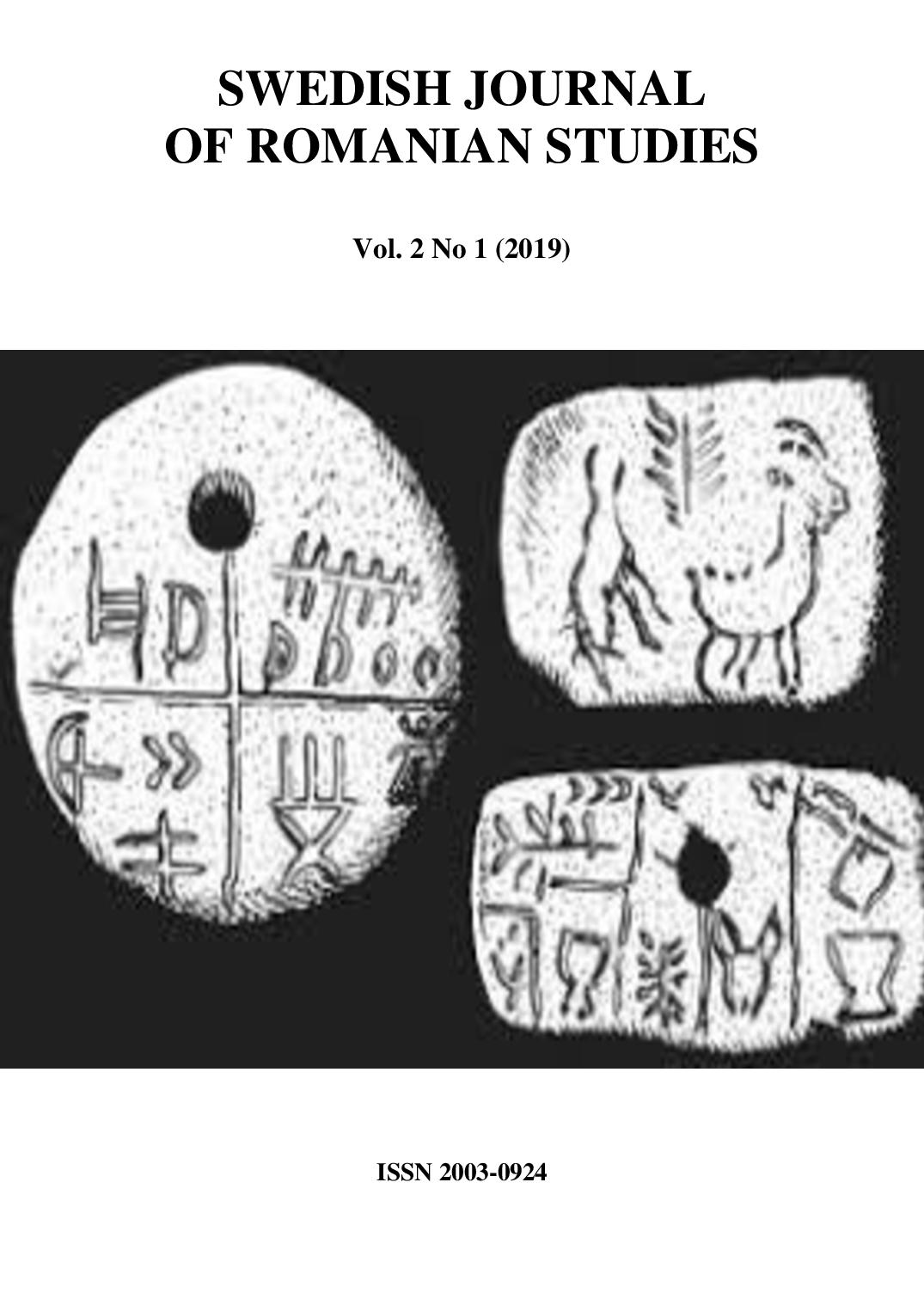Hajduk novels in the nineteenth-century Romanian fiction: notes on a sub-genre
Hajduk novels in the nineteenth-century Romanian fiction: notes on a sub-genre
Author(s): Roxana PatrașSubject(s): Romanian Literature, Theory of Literature
Published by: Språk- och litteraturcentrum, Lunds Universitet
Keywords: hajduk; folk ballads; novel sub-genre; corpus analysis; dissolution of epicness; mass literature
Summary/Abstract: In the context of nineteenth and early twentieth-century Romanian literature, hajduk novels and hajduk short fiction (novella, short-story, tale) are called to bring back a lost “epicness”, to give back the hajduks their lost aura. But why did the Romanian readers need this remix? Was it for ideological reasons? Did the growing female readership influence the affluence of hajduk fiction? Could the hajduk novels have supplied the default of other important fiction sub-genres such as children or teenage literature? The present article supports the idea that, as a distinct fiction sub-genre, the hajduk novels convey a modern lifestyle, attached to new values such as the disengagement from material objects, the democratization of access to luxury goods and commodities, and the mobility of social classes. Clothing, leisure, eating/ drinking/ sleeping/ hygiene, work, military and forest/ nomad life, and ritual items that are mentioned in these novels can help us correlate the technical tendencies reflected in the making of objects to a particular ethnicity (Romanian).
Journal: Swedish Journal of Romanian Studies
- Issue Year: 2/2019
- Issue No: 1
- Page Range: 24-33
- Page Count: 10
- Language: English

